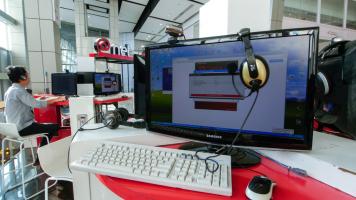
Article
Reaching New Heights: Southeast Asia's Digital Economy
Closing the digital divide, broadening digital participation, nurturing nascent sectors, and establishing the right policies are key in developing the region's potential.
Article
Advancing the Digital Health Ecosystem in Southeast Asia
ASEAN governments need to embed digital transformation strategies into broader national health plans.
Article
Building a Sustainable Digital Economy in Southeast Asia
This entails collaboration among digital economy companies, stakeholders, and regulators on market, technological, and institutional development.
Article
Navigating the Gender Wage Gap in Today’s Modern World
Ensuring pay structures are transparent, correcting gender biases, and promoting the benefits of a diversified workplace can help bridge the gap.
Article
Helping E-commerce Merchants in Southeast Asia Unlock Their Potential
Providing equal access to affordable childcare, increasing financial and digital literacy, and targeted skilling programs are key.
Article
Viet Nam’s Personal Data Protection Decree: Examining Benefits and Key Challenges
The challenge lies in ensuring the decree stops illegal data collection and exchange, which has left more than two-thirds of citizens' personal data unsecured.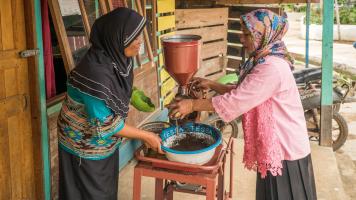
Article
Breaking the Green Ceiling: Women Entrepreneurship in the ASEAN Green Economy
Addressing the gender disparity in entrepreneurship and the green sector in ASEAN requires targeted policies and initiatives.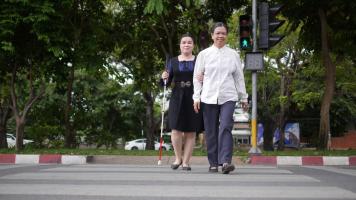
Article
Inclusion for All: Why People with Disability Matter for the ASEAN Digital Economy
Accounting for about 15% of the world’s population, people with disability matter for both societal and economic development.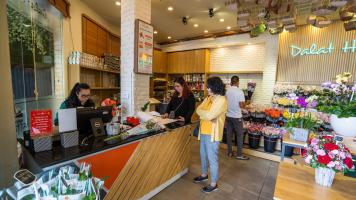
Article
Paving the Way for the Next-Generation Digital Startups
Talent, education, funding, connectedness, legal environment, and infrastructure are vital enablers for a thriving ecosystem for next-generation digital startups.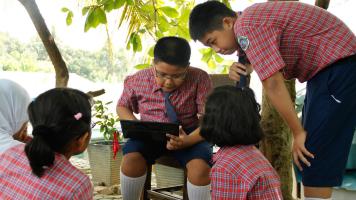
Article
